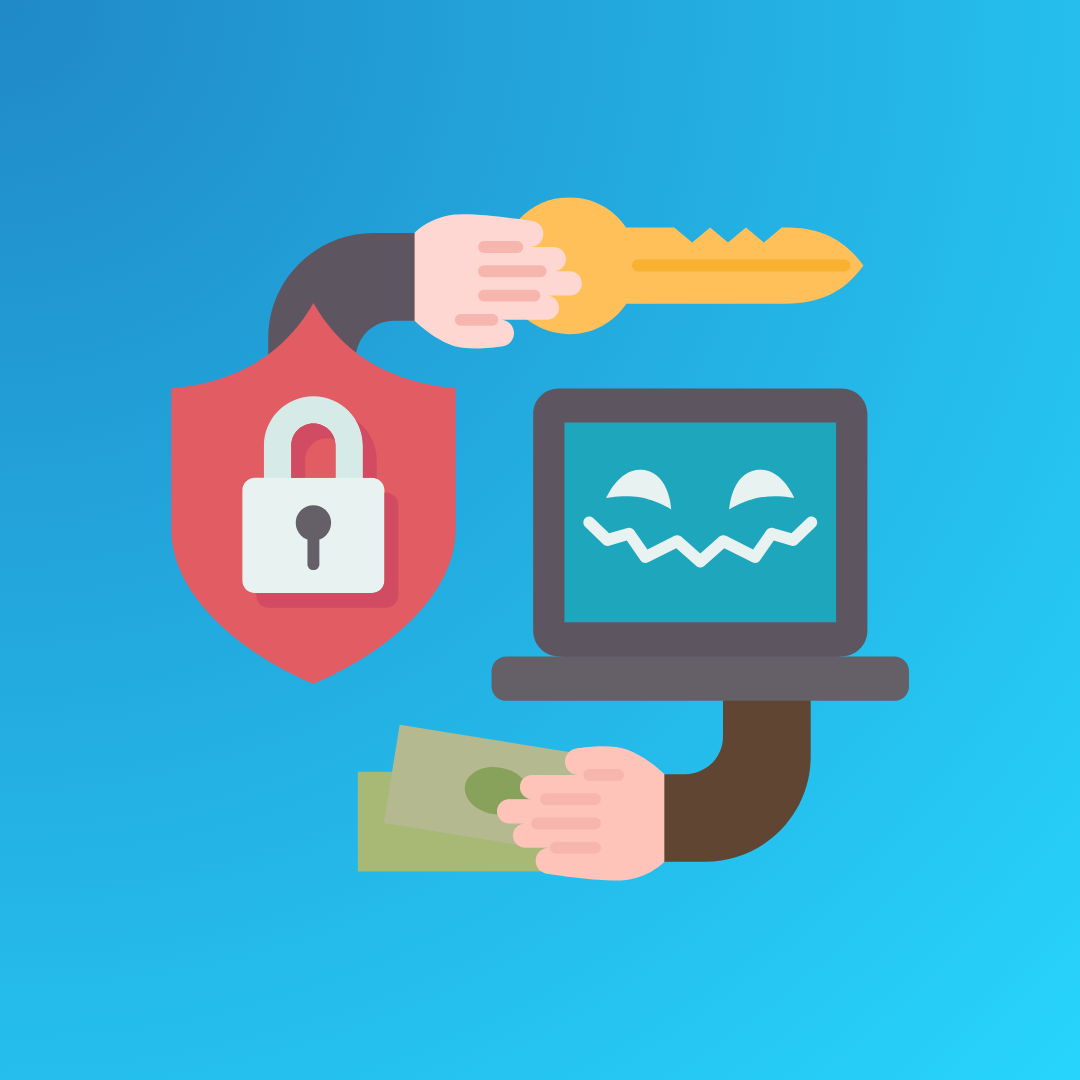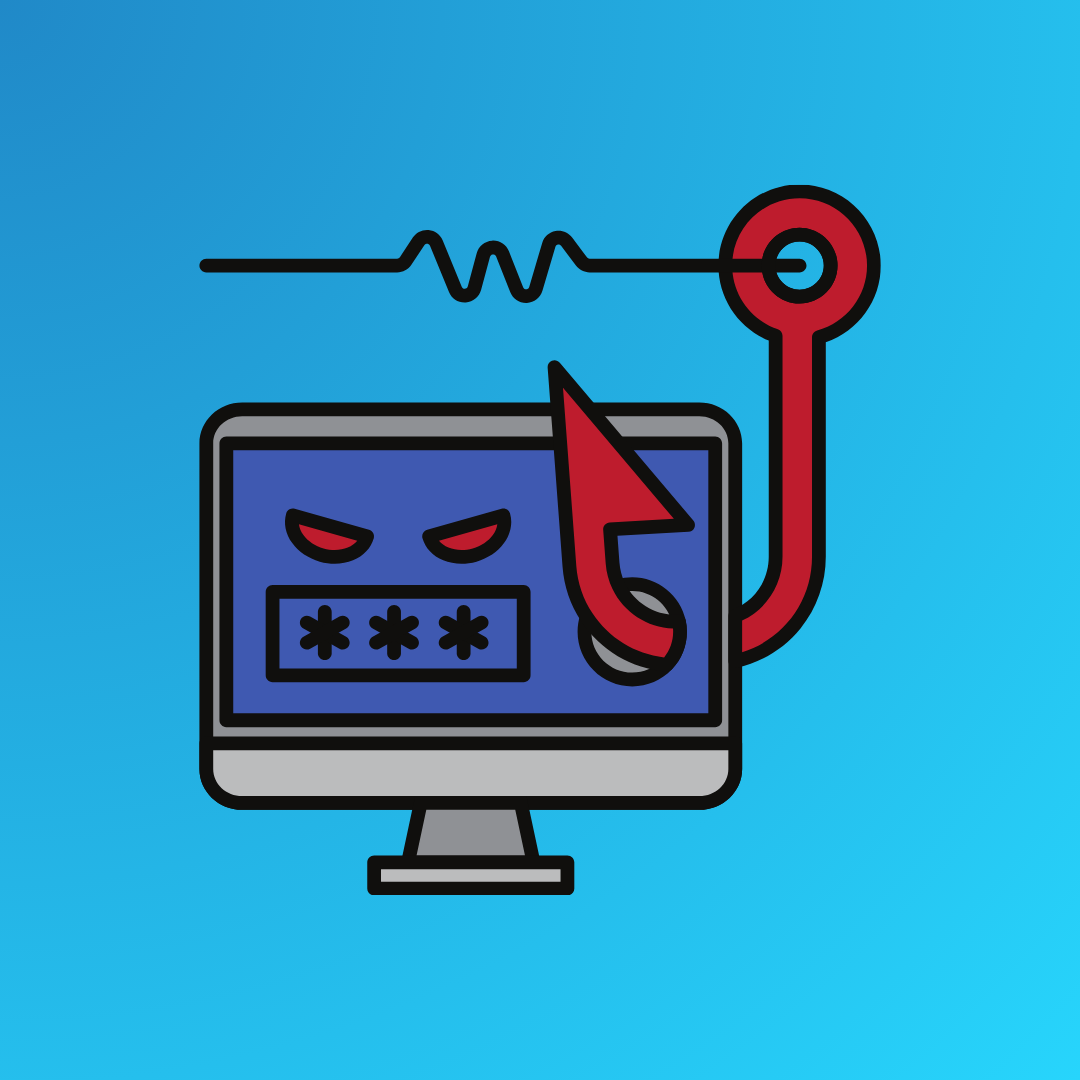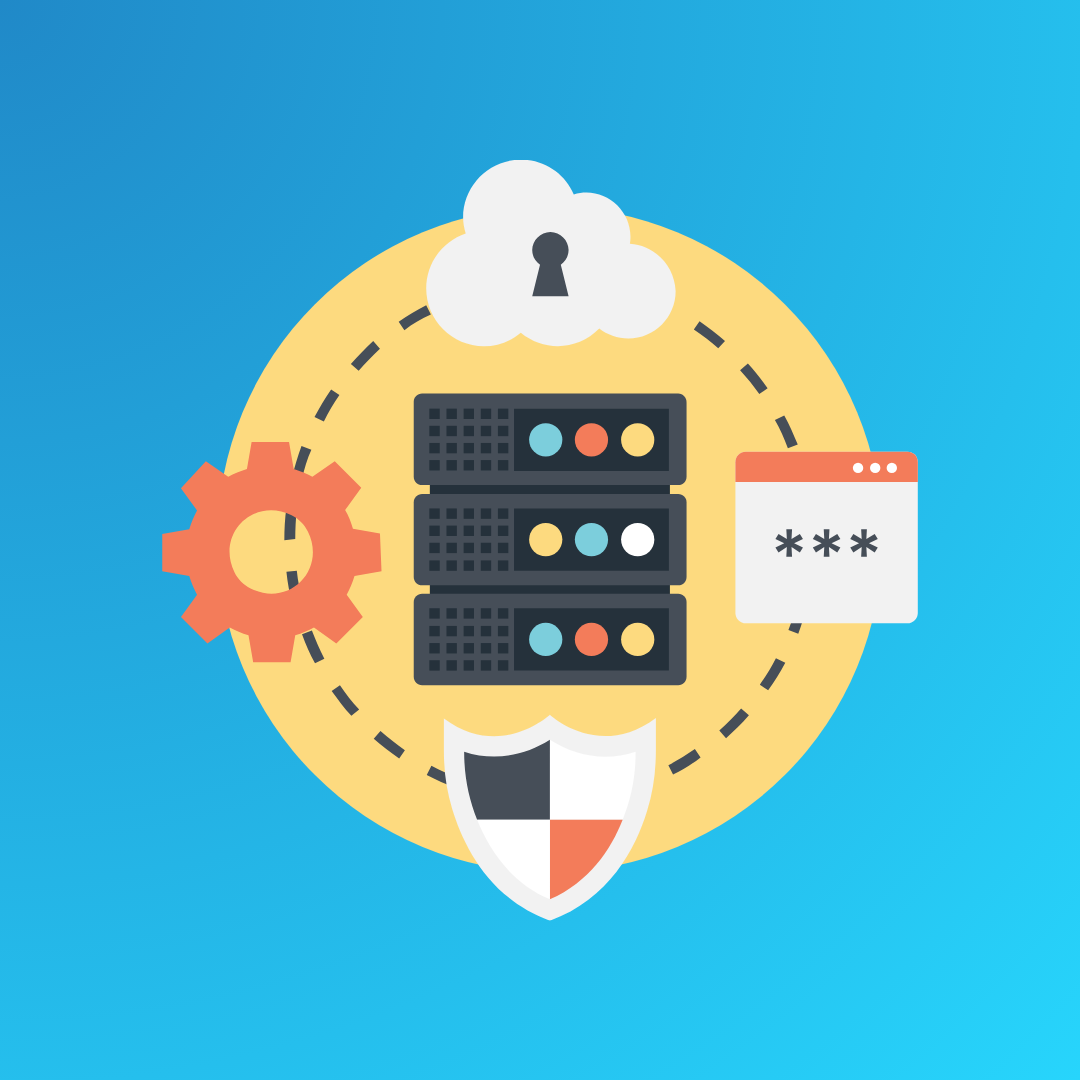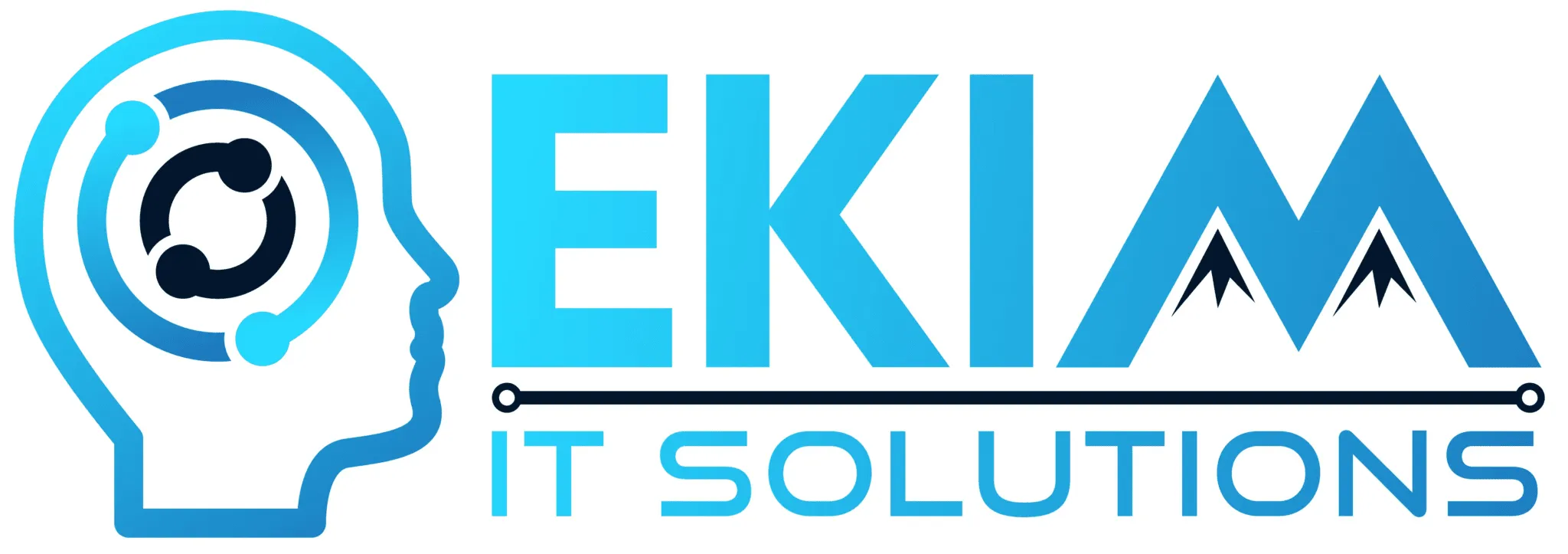Why Businesses in Maine Need a Proactive Approach to Cybersecurity?
- Read more
As digitalization arises, cybersecurity is a major concern for all businesses. Cybercriminals are always coming up with new ways to attack, and many businesses are often seen as easy targets because they may not have strong security measures. It is crucial for these businesses to take proactive steps to protect themselves from potential cyber threats.
The Increasing Danger of Cyber Attacks on Businesses
Businesses are becoming frequent targets for cybercriminals who see them as easy prey due to often weaker security measures. In Maine, the risk is high as cyber threats grow more sophisticated. Common threats include ransomware, phishing, and data breaches, all of which can cause significant harm.
A cyber attack can have devastating financial effects on a business, including the cost of system restoration and the potential loss of sensitive customer data. The damage to a business’s reputation can also lead to a loss of customer trust and future business, making it difficult to recover. Understanding these threats is the first step in developing a strong cybersecurity strategy.

Ransomware Attack

Phishing Scams

Data Breaches
Unique Cybersecurity Challenges for Businesses in Maine
Businesses in Maine face specific cybersecurity challenges. Limited budgets and resources can make it difficult to implement comprehensive security measures. This often leaves these businesses vulnerable to cyber threats. Many businesses in Maine are in industries like tourism and fishing, which may not prioritize cybersecurity.
Geographic isolation also plays a role. Businesses in rural areas might have less access to advanced cybersecurity solutions and expertise, making it harder to stay updated on the latest threats and best practices. Despite these challenges, businesses need to realize they are not immune to cyber attacks and must take steps to protect themselves.

Budget Constraints

Lack of Awareness

Limited Access to Expertise
Benefits of a Proactive Cybersecurity Approach
Taking a proactive approach to cybersecurity can offer many benefits for businesses in Maine. Firstly, it reduces the risk of cyber attacks by identifying and fixing vulnerabilities before they can be exploited. This not only protects sensitive data but also ensures that the business can continue to operate smoothly.
Another important benefit is cost savings. While investing in cybersecurity measures may seem like an added expense, it is much cheaper than dealing with the consequences of a cyber attack. The costs associated with data breaches, such as legal fees, regulatory fines, and damage to the business’s reputation, can be substantial. Moreover, a proactive approach can build customer trust and loyalty, as clients prefer doing business with companies that are committed to protecting their data.

Enhancing Business Continuity

Protecting Reputation

Competitive Advantage
Key Strategies for Implementing Proactive Cybersecurity
Businesses in Maine can improve their cybersecurity by implementing the following strategies:

Regular Security Assessments

Employee Training

Advanced Security Solutions

Incident Response Plan

Data Backup

Secure Networks
Taking proactive steps to improve cybersecurity is essential for businesses in Maine. By understanding the threats and implementing effective strategies, businesses can protect themselves, their customers, and their reputations. Don’t wait until it’s too late—start strengthening your cybersecurity today. Schedule your FREE Consultation with our IT experts and protect your business from potential cyber threats.
